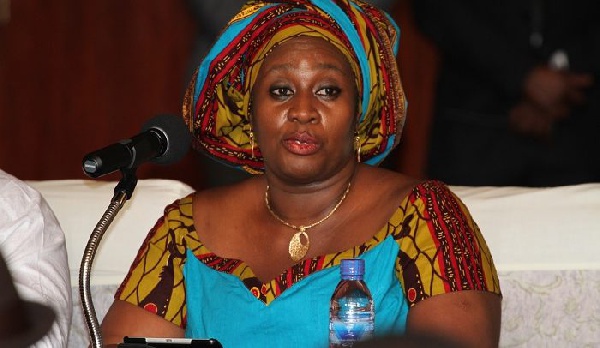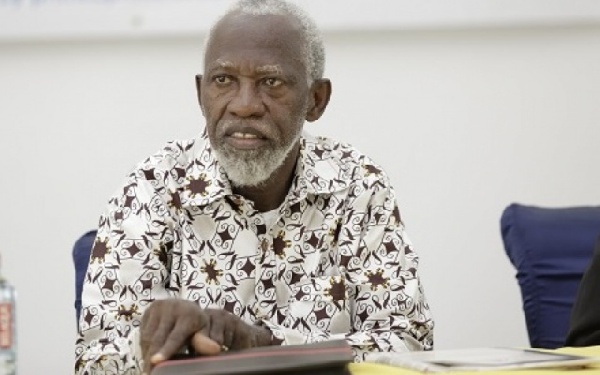
Govt Must Implement Benchmark Value Discount Policy In National Interest - AGI

The Association of Ghana Industries (AGI) has urged the Government to remain unwavering in its decision to implement the reversal of the benchmark value discount policy.
It argued that maintaining the policy in its current form would lead to the collapse of local industries and job losses.
Dr Humphrey Ayim-Darke, the President of AGI, who was addressing journalists in Accra on Monday, stressed that maintaining the benchmark discount policy would not support the country’s industrial transformation agenda initiatives such as 1D1F, Planting for Food and Jobs, fertilizer subsidy and the export development agenda.
The benchmark value discount policy was introduced by the Government in 2019 in accordance with the World Customs Organisation policy of regular review of valuation database.
Under the policy, certain commodities were benchmarked to the prevailing world prices as a risk management tool to reflect the true market dynamics of the affected commodities.
Mr Ken Ofori-Atta, the Minister of Finance, announced the reversal of the policy during the 2022 Budget Presentation in Parliament in November 2021.
The Policy, initially scheduled to start on January 4, 2022, had been suspended by the Ghana Revenue Authority to allow for further consultation following the disagreement by some stakeholders.
Dr Ayim-Darke said: “To mention a few, we have seen the Government commissioned the Savelugu rice factory in August and Sefwi Akontombra rice factory in September just last year. These two recent investments totaling about GHC14 million risk becoming redundant if such large rice imports persist,” he said.
The AGI President stated that although a few countries offered export rebates to their firms to develop export trade, Ghana’s benchmark discount policy offered universal import rebate that only promoted importation and distorted micro and macro-economic fundamentals.
“Investor confidence is waning, and no investor would like to invest in a real sector that is currently exposed to the influx of imports as we have,” he noted.
Dr Ayim-Darke explained that industrialization was central to Ghana’s economic liberation and that industrial initiatives must not be sacrificed for such short-term gains that served the interest of a few importers.
He said the exigencies of local manufacturing became more prominent with the outbreak of the covid-19 pandemic.
“With the disruption of global supply chains, high cost of raw materials and freight during the pandemic, we all saw the need to quickly scale up the development of our local supply chains,” he said.
“Today, we are all complaining of the rising cost of freight. But the more dependent we are on imports, the more likely we are to bear the brunt of such high freight costs and the reverse holds true”.
Dr Ayim-Darke stated that the AGI supported the application of the policy to selected items of national priority and urged the Government to maintain the benchmark policy for manufacturers to help grow the real economy.
“Manufacturers are finding it difficult to retain their employees, with such influx of imports at cheap prices displacing their products on the market. We welcome stakeholder dialogue on the benchmark discount within the context of what is best for our country,” he noted.
The AGI President called on groups, including the Ghana Union of Traders Association and the Trades Union Congress to support the reversal of the benchmark discount policy in the national interest.






